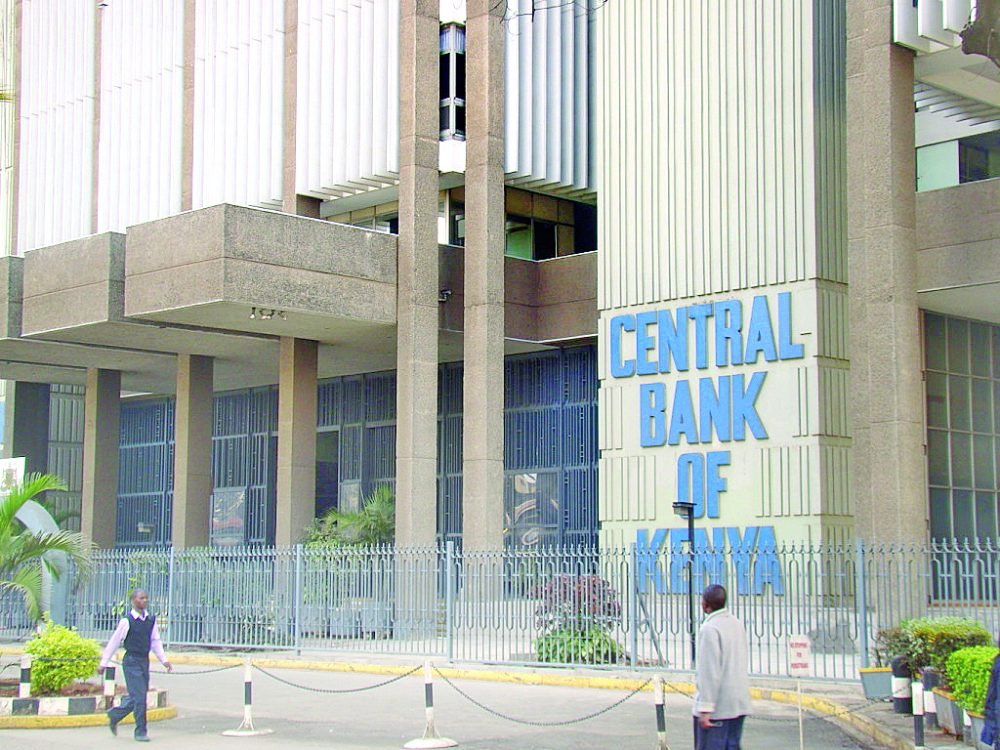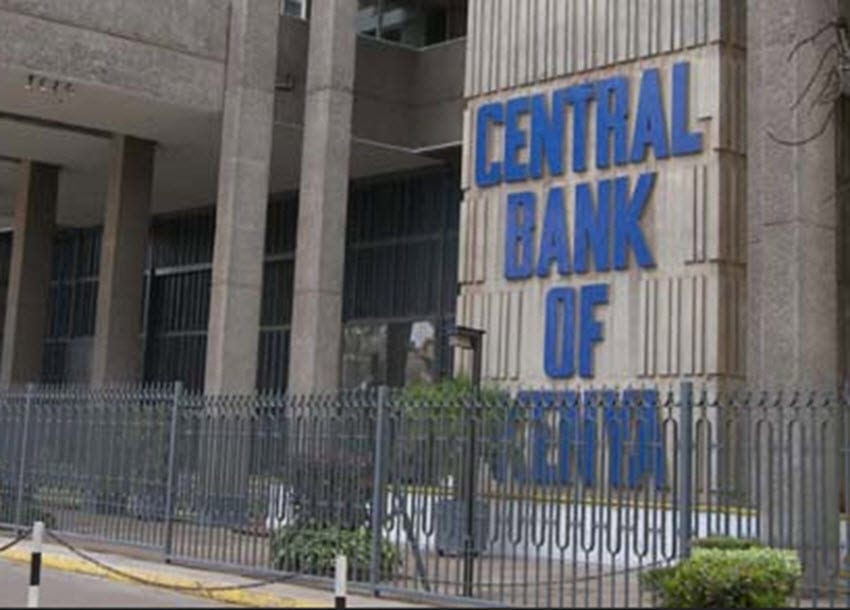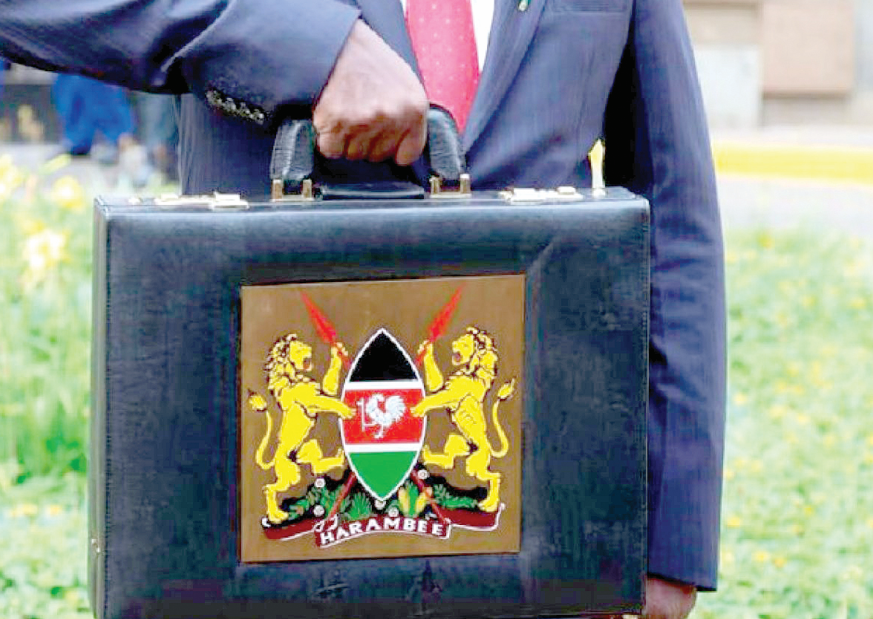CBK posts Sh24b loss on exchange rate fluctuations

Central Bank of Kenya (CBK) has reported a net deficit of Sh24.3 billion for the fiscal year ending June 30, 2024, marking a significant decline from the previous year’s surplus of Sh150.5 billion.
This net deficit includes an unrealised exchange loss of Sh73.6 billion, compared to a gain of Sh131.5 billion in the previous year. The deficit is included as part of the General Reserve Fund.
Despite the deficit, the CBK’s operating surplus rose to Sh49.2 billion, up from Sh19 billion in the previous year, driven by higher average returns on the securities portfolio and deposits.
However, the year also recorded an unrealised foreign exchange loss of Sh73.55 billion, attributed to the strengthening of the Kenya Shilling against the US Dollar.
The bank also saw a fair value gain on fixed income securities held at fair value through other comprehensive income (FVOCI) amounting to Sh9.7 billion, a notable recovery from the previous year’s loss of Sh4.7 billion, due to higher market prices. Moreover, an actuarial gain on the retirement benefit asset of Sh337 million was recorded, compared to a loss of Sh2.8 billion in the previous year. This gain, along with other financial movements, contributed to the overall financial health of the bank.
The consolidated bank’s assets increased to Sh1.96 trillion, up from Sh1.8 trillion, primarily due to an increase in advances to banks and on-lending programs to the Government of Kenya.
Liabilities also saw an increase, rising to Sh1.6 trillion from Sh1.4 trillion, mainly due to heightened International Monetary Fund (IMF) liabilities and deposits due to banks. Governor Kamau Thugge emphasized the regulator’s strategic reforms aimed at enhancing financial stability, saying “The measures have addressed pressures in the exchange rate, lowered inflation, and ensured that inflation expectations are well anchored,” highlighting the impact of monetary policy adjustments on economic stability.
Among these reforms is the adoption of an inflation-targeting monetary policy framework, which aims to maintain price stability and manage inflation expectations effectively. This proactive approach has already yielded results, with inflation decreasing from 7.9 per cent in June 2023 to 4.6 per cent by June 2024.
In addition to the monetary policy framework, Thugge highlighted several other significant reforms that have been implemented during this period. One such initiative is the introduction of the Kenya Foreign Exchange Code, which was designed to strengthen and promote the integrity of the wholesale foreign exchange market among commercial banks.
This code aims to enhance transparency and operational efficiency in foreign exchange transactions, thereby fostering a more stable trading environment.
Another key reform is the implementation of Electronic Matching Systems in the interbank foreign exchange market.
Thugge noted that “this system promotes a transparent and accountable price discovery mechanism,” ensuring visibility for all market participants.
By facilitating better price formation and reducing information asymmetry, these measures are expected to contribute positively to market confidence and stability. A significant milestone achieved during this period was the launch of the Dhow Central Securities Depository (DhowCSD) on September 11, 2023. Thugge noted that this state-of-the-art financial market infrastructure has transformed Kenya’s financial markets by enhancing operational efficiency and expanding digital access.
“The system has transformed Kenya’s financial markets through enhanced operational efficiency… and improved monetary policy operations,” he added, emphasising its role in deepening market participation and improving access for investors,” he said.
The regulator also adjusted its Cash Reserve Ratio (CRR), currently set at 5.25 per cent, to regulate liquidity within the banking system effectively.
This adjustment ensures that banks maintain adequate reserves while facilitating lending, thus supporting economic growth during challenging times. The effectiveness of these measures is evident in the improved operating surplus reported by the bank despite facing external pressures. The CBK’s foreign exchange market operations have also played a crucial role in stabilizing the Kenyan shilling amid ongoing economic volatility.
By actively engaging in foreign exchange transactions, Thugge stated that “the bank aims to manage liquidity and mitigate excessive fluctuations in currency markets.”
These interventions have contributed to a notable appreciation of approximately 17 per cent against the dollar in early 2024, improving confidence among investors and stakeholders alike.










